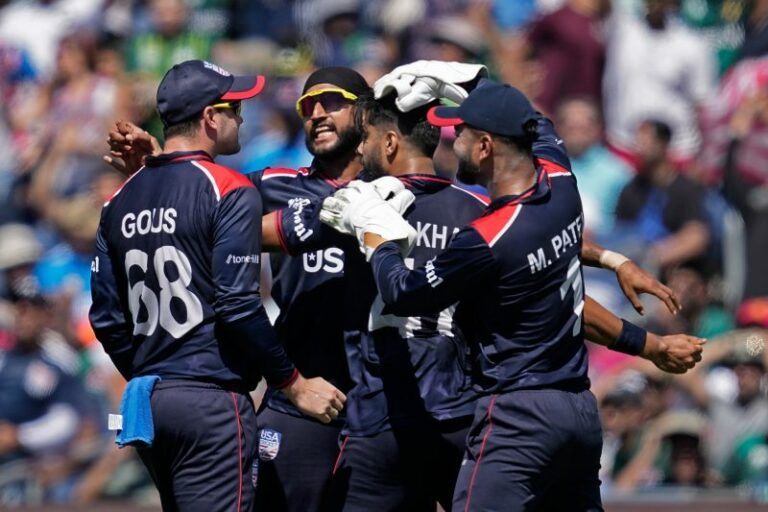Understanding the Link Between Hormonal Imbalance and Cricket Performance: Betbhai9 whatsapp number, Play exch.in, Lotus365.win new id
betbhai9 whatsapp number, play exch.in, lotus365.win new id: Cricket is a game of skill, strategy, and endurance. To excel in this sport, players need to possess physical fitness, mental sharpness, and a strong understanding of the game. However, one aspect that is often overlooked but plays a significant role in a player’s performance is hormonal balance.
Hormones are chemical messengers produced by the endocrine glands in our body. These hormones play a crucial role in regulating various bodily functions, including metabolism, growth, and mood. Any imbalance in these hormones can have a profound impact on an individual’s health and well-being, including their athletic performance.
In the context of cricket, hormonal imbalance can affect a player’s physical and mental abilities, thereby influencing their performance on the field. Let’s delve deeper into the link between hormonal imbalance and cricket performance:
1. Testosterone and Performance:
Testosterone is a hormone that is crucial for muscle growth, strength, and overall physical performance. In cricket, a good level of testosterone is necessary for players to exhibit power, speed, and agility on the field. Low levels of testosterone can result in decreased muscle mass, fatigue, and a lack of motivation, all of which can hamper a player’s performance.
2. Cortisol and Stress:
Cortisol is often referred to as the “stress hormone” as it is released in response to stress and anxiety. In cricket, high levels of cortisol can negatively impact a player’s concentration, decision-making, and performance under pressure. Chronic stress can lead to burnout, fatigue, and a decline in overall performance.
3. Insulin and Energy Levels:
Insulin is a hormone that helps regulate blood sugar levels and energy metabolism. In cricket, players require a steady supply of energy to sustain their performance throughout a match. Imbalances in insulin levels can lead to fluctuations in energy levels, affecting a player’s endurance and stamina on the field.
4. Thyroid Hormones and Metabolism:
Thyroid hormones play a key role in regulating metabolism, energy production, and body temperature. In cricket, players need to maintain an optimal metabolic rate to ensure peak performance. Imbalances in thyroid hormones can lead to fatigue, weight gain, and a sluggish metabolism, impacting a player’s overall performance.
5. Growth Hormone and Recovery:
Growth hormone is essential for muscle repair, recovery, and growth. In cricket, players undergo strenuous training sessions and matches that can result in muscle damage and fatigue. Adequate levels of growth hormone are necessary for players to recover effectively and prepare for the next game.
6. Melatonin and Sleep:
Melatonin is a hormone that regulates the sleep-wake cycle. In cricket, players need proper rest and sleep to recover from physical exertion and mental fatigue. Disruptions in melatonin levels can lead to insomnia, poor sleep quality, and decreased performance on the field.
Understanding the intricate relationship between hormonal balance and cricket performance is essential for players, coaches, and support staff. By addressing any potential imbalances through proper nutrition, rest, and lifestyle modifications, players can optimize their performance and achieve their full potential on the field.
For any further questions or concerns regarding hormonal imbalance and its impact on cricket performance, please refer to the FAQs below:
FAQs:
1. How can I determine if I have a hormonal imbalance affecting my cricket performance?
2. What are some common symptoms of hormonal imbalances in athletes?
3. How can I improve my hormonal balance through diet and lifestyle changes?
4. Are there any supplements or medications that can help regulate hormonal imbalances in cricket players?
5. How can stress management techniques like mindfulness and relaxation exercises help maintain hormonal balance in cricket players?
6. Where can I seek professional help to address hormonal imbalances and optimize my cricket performance?







